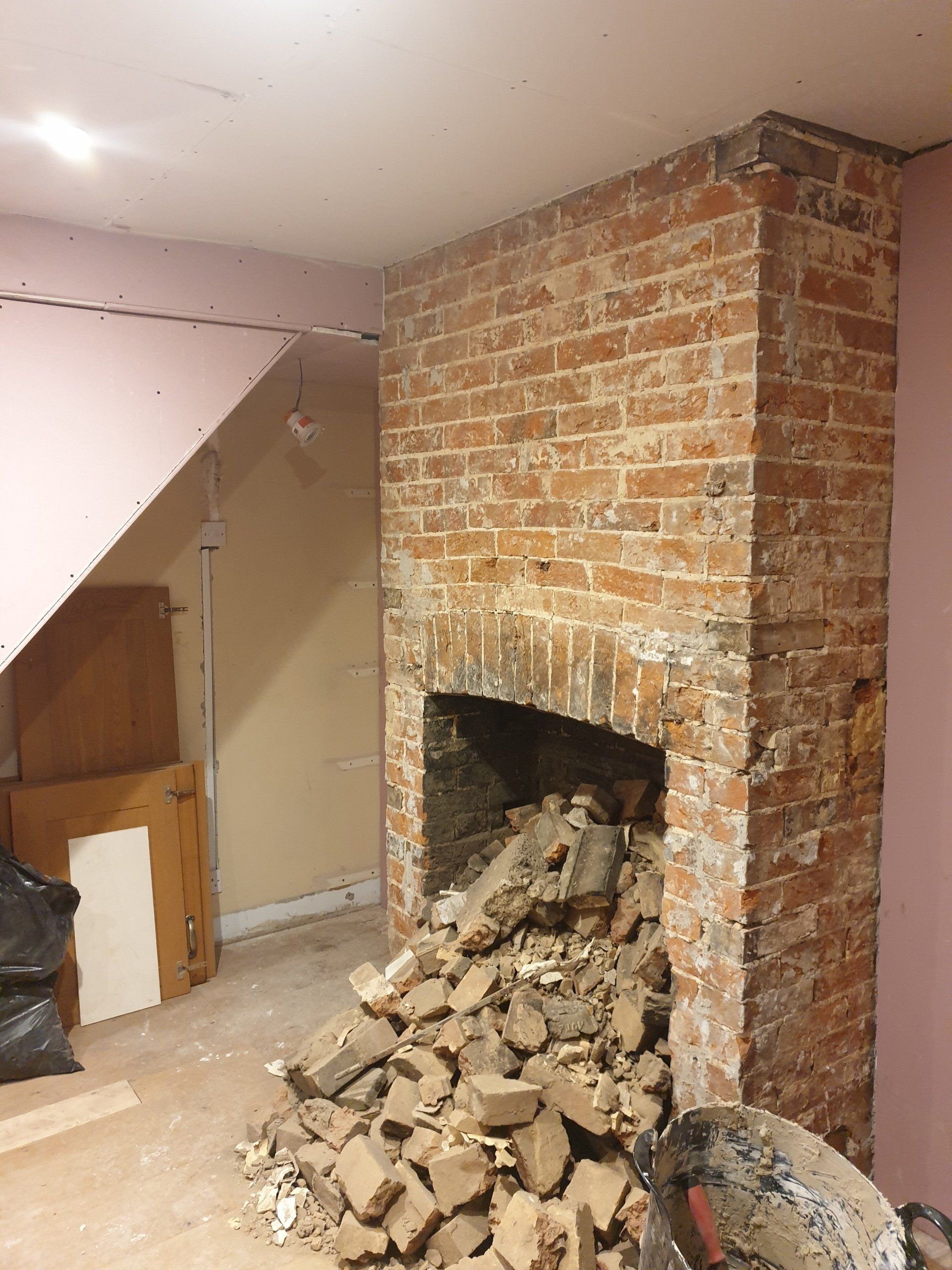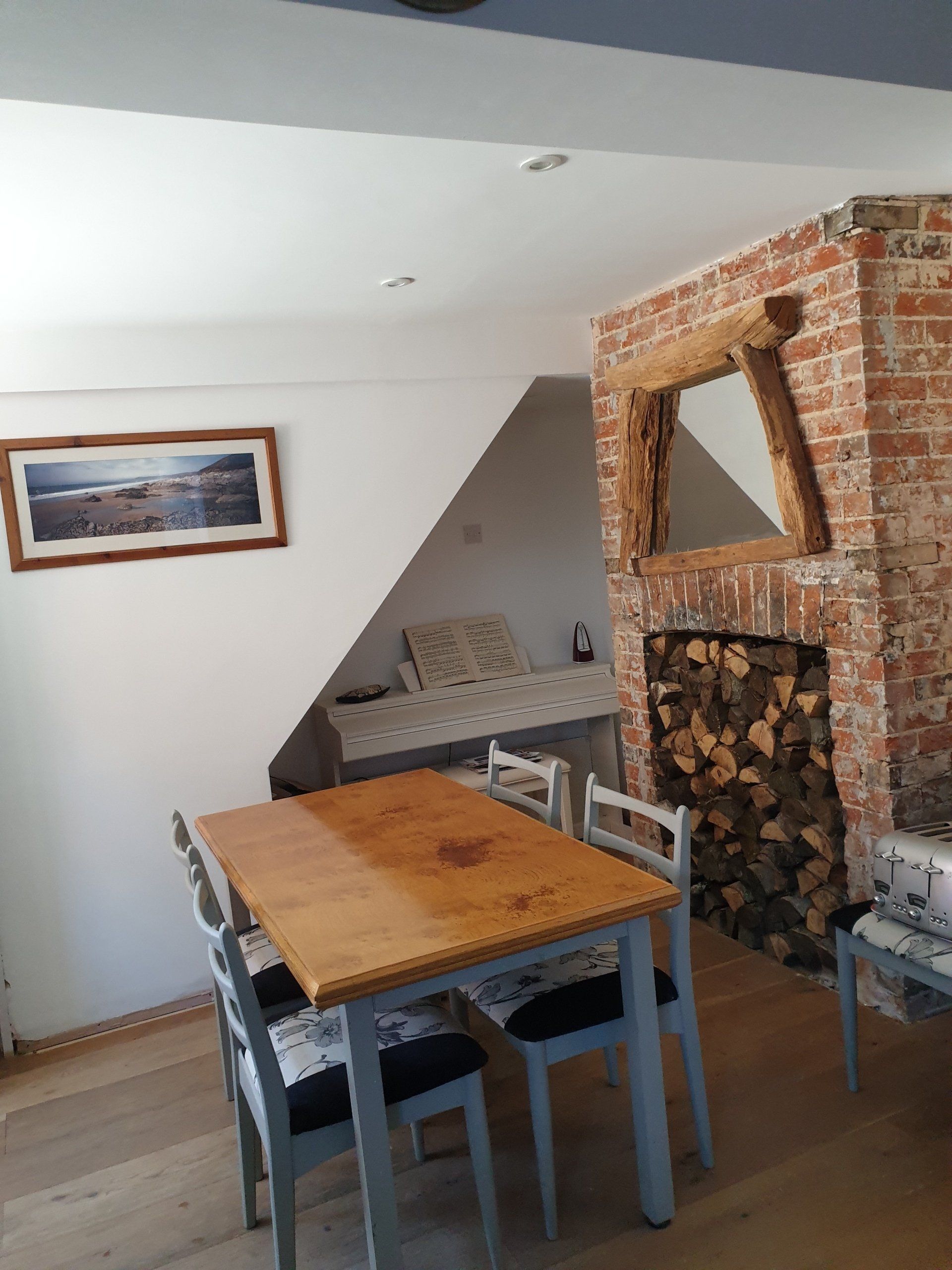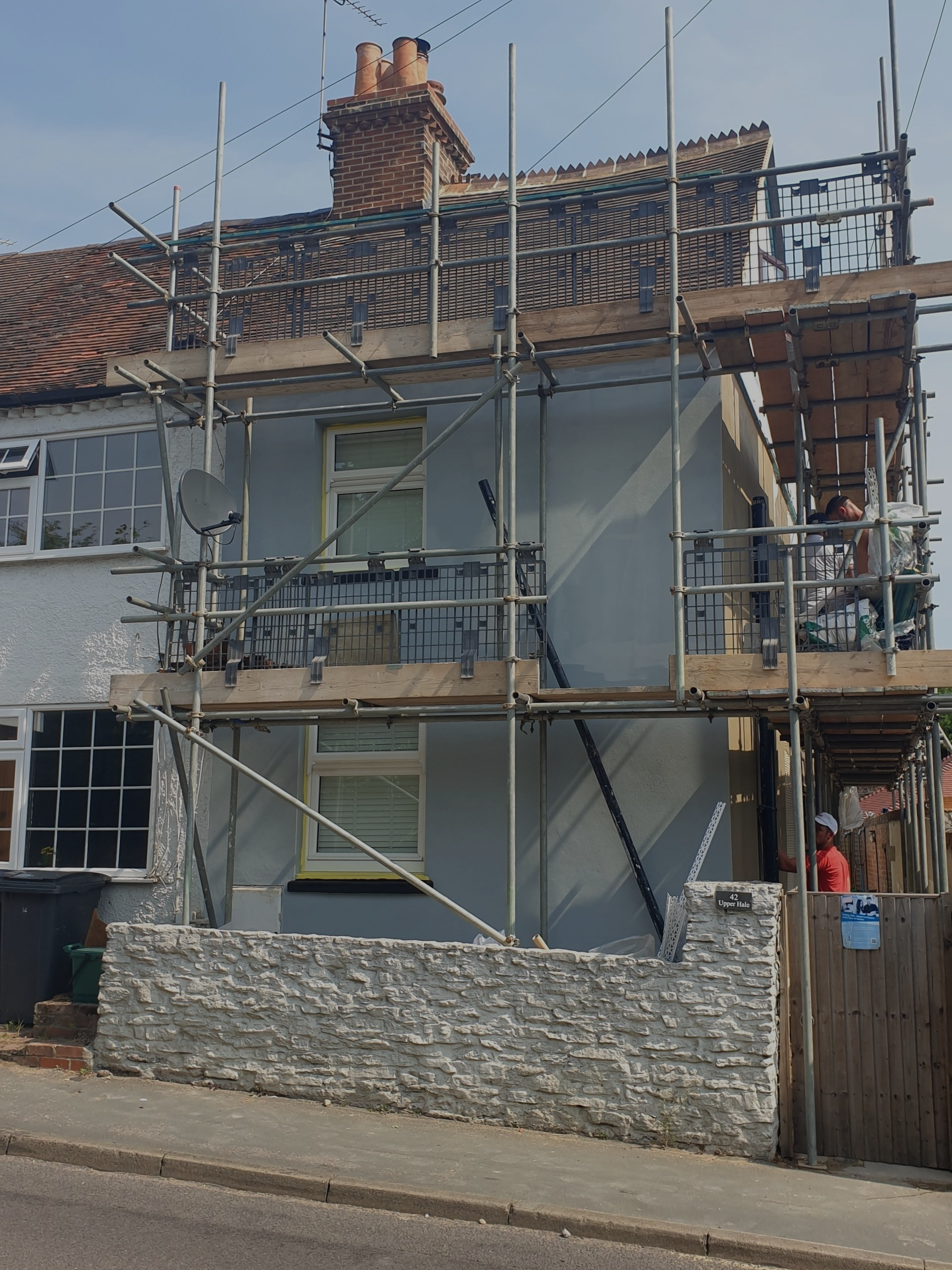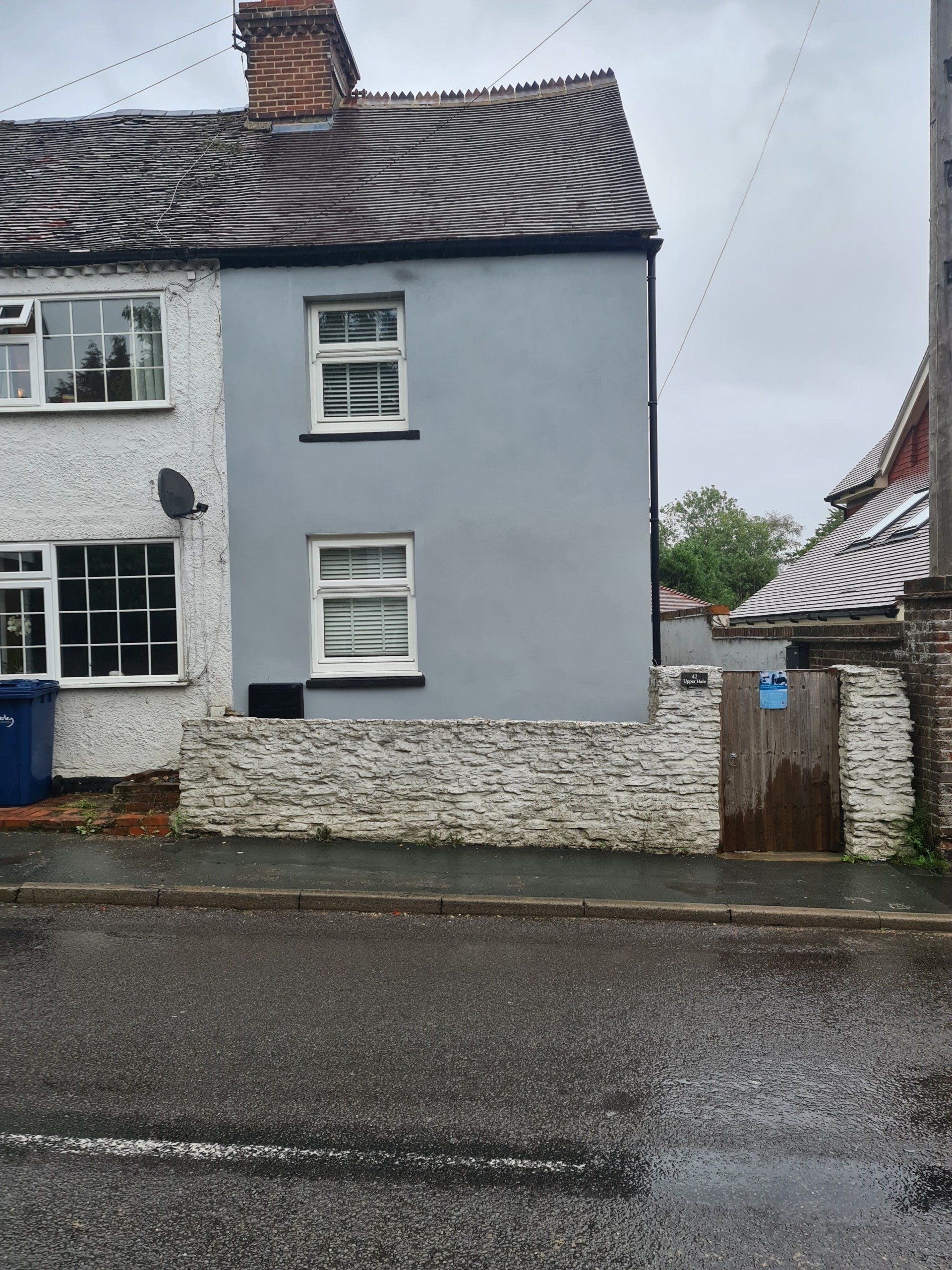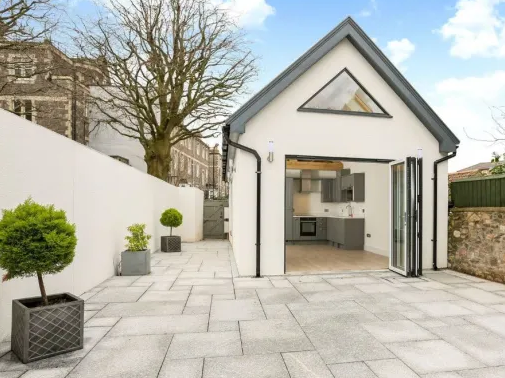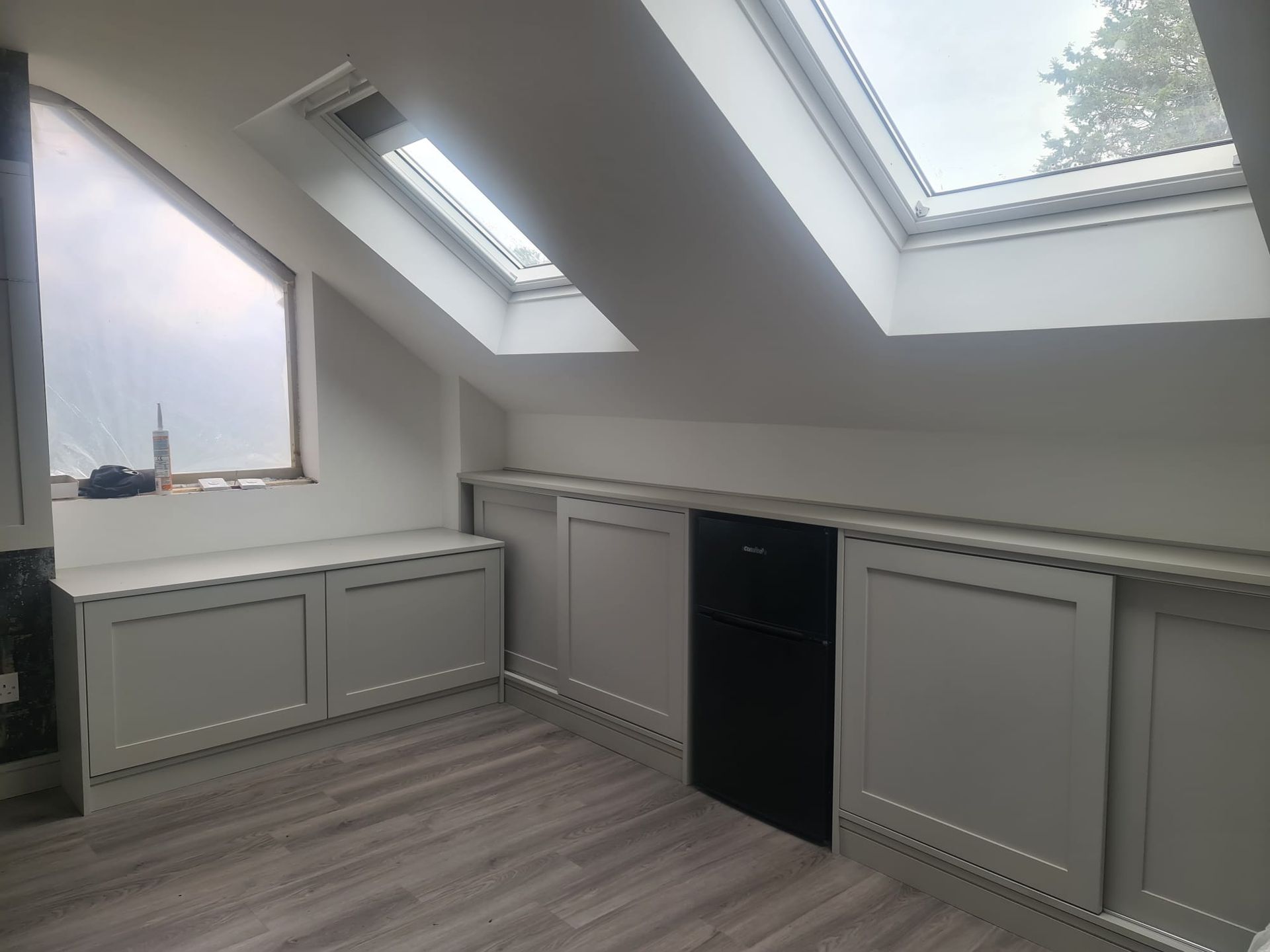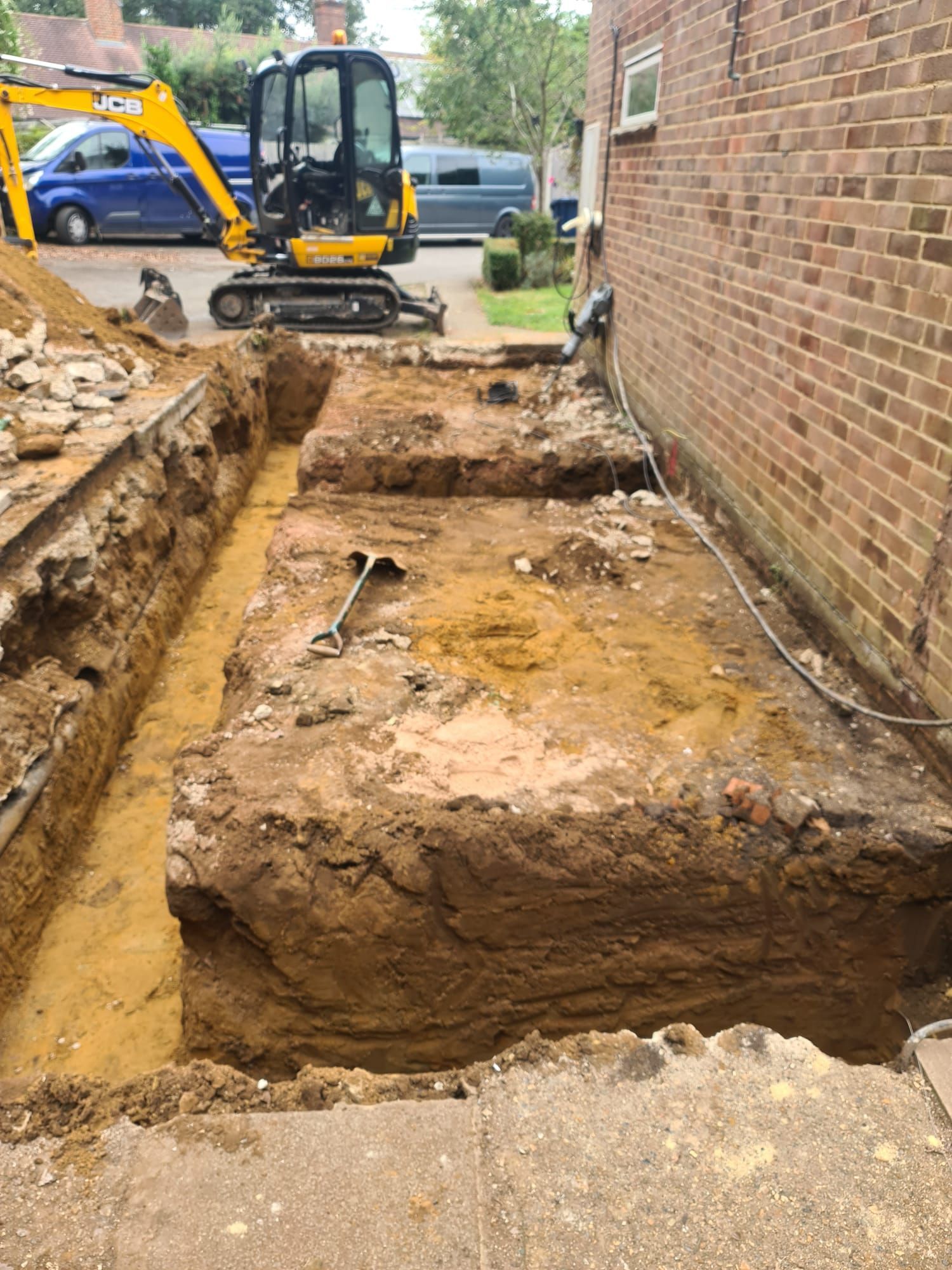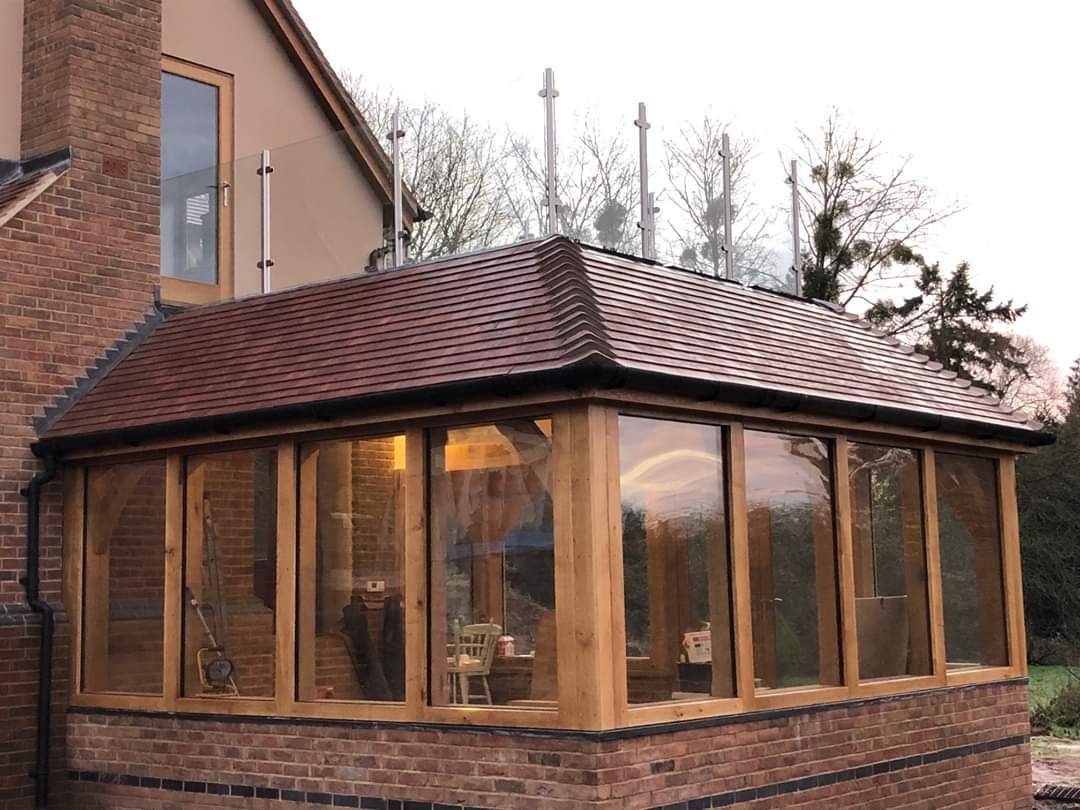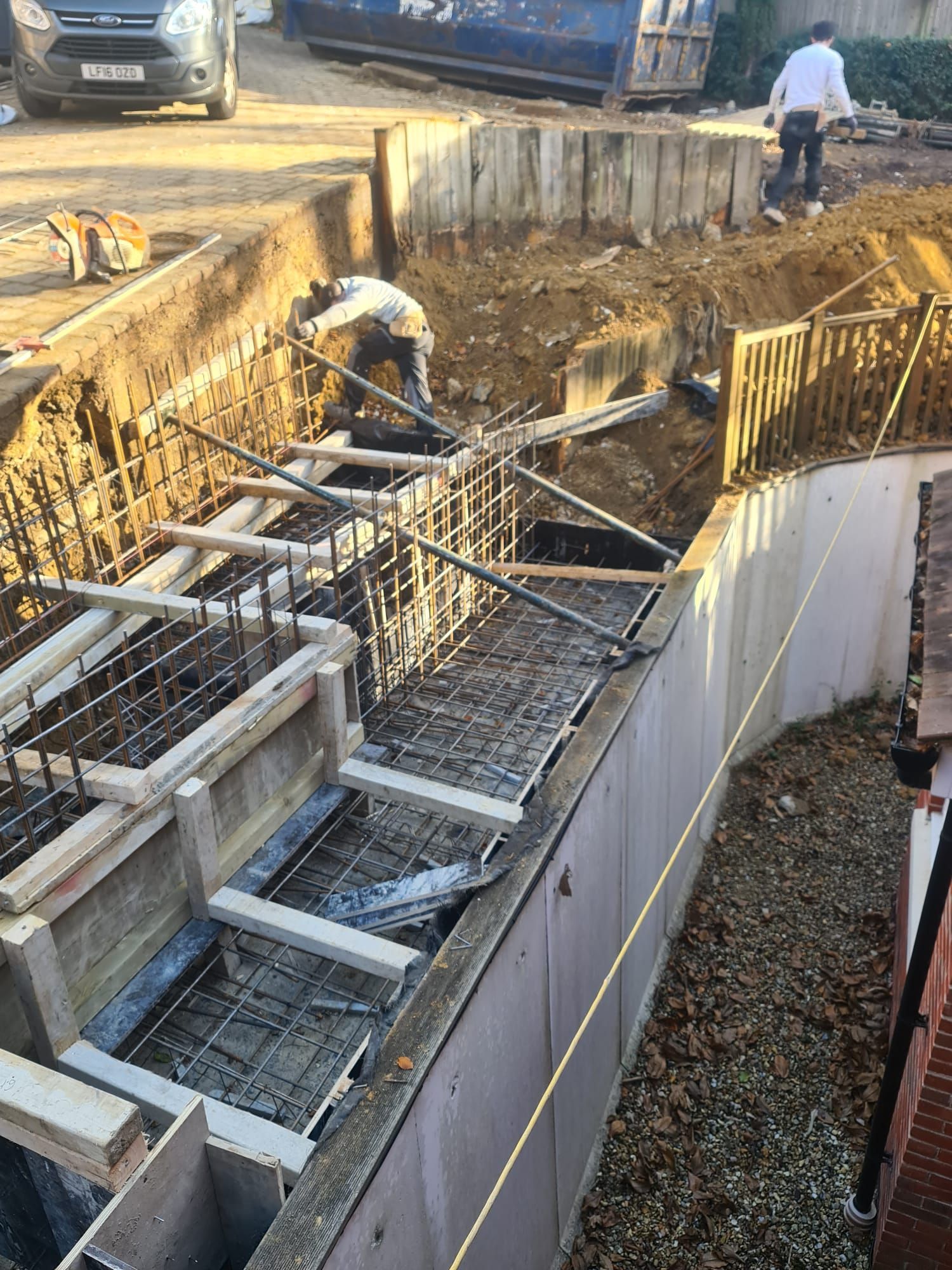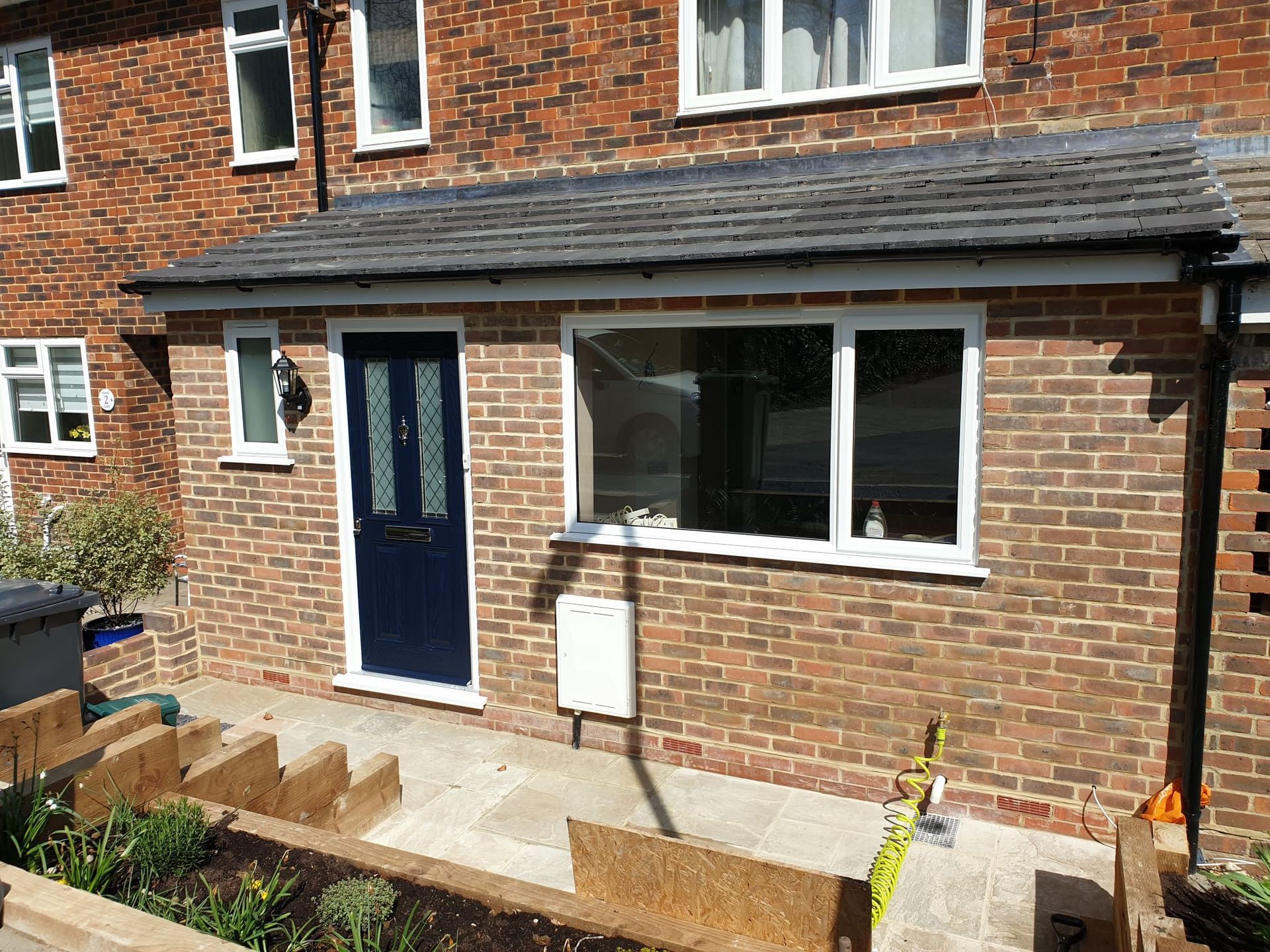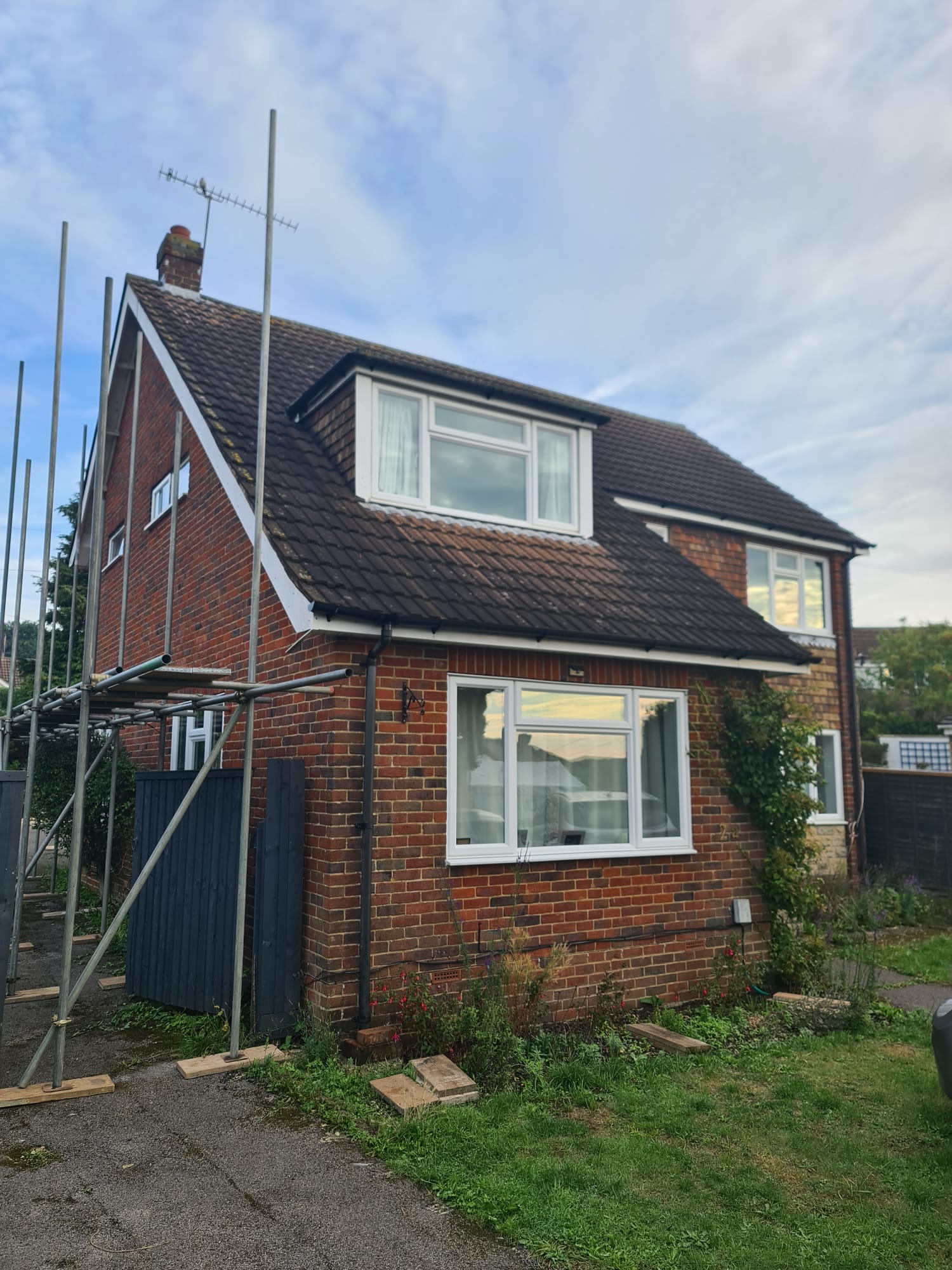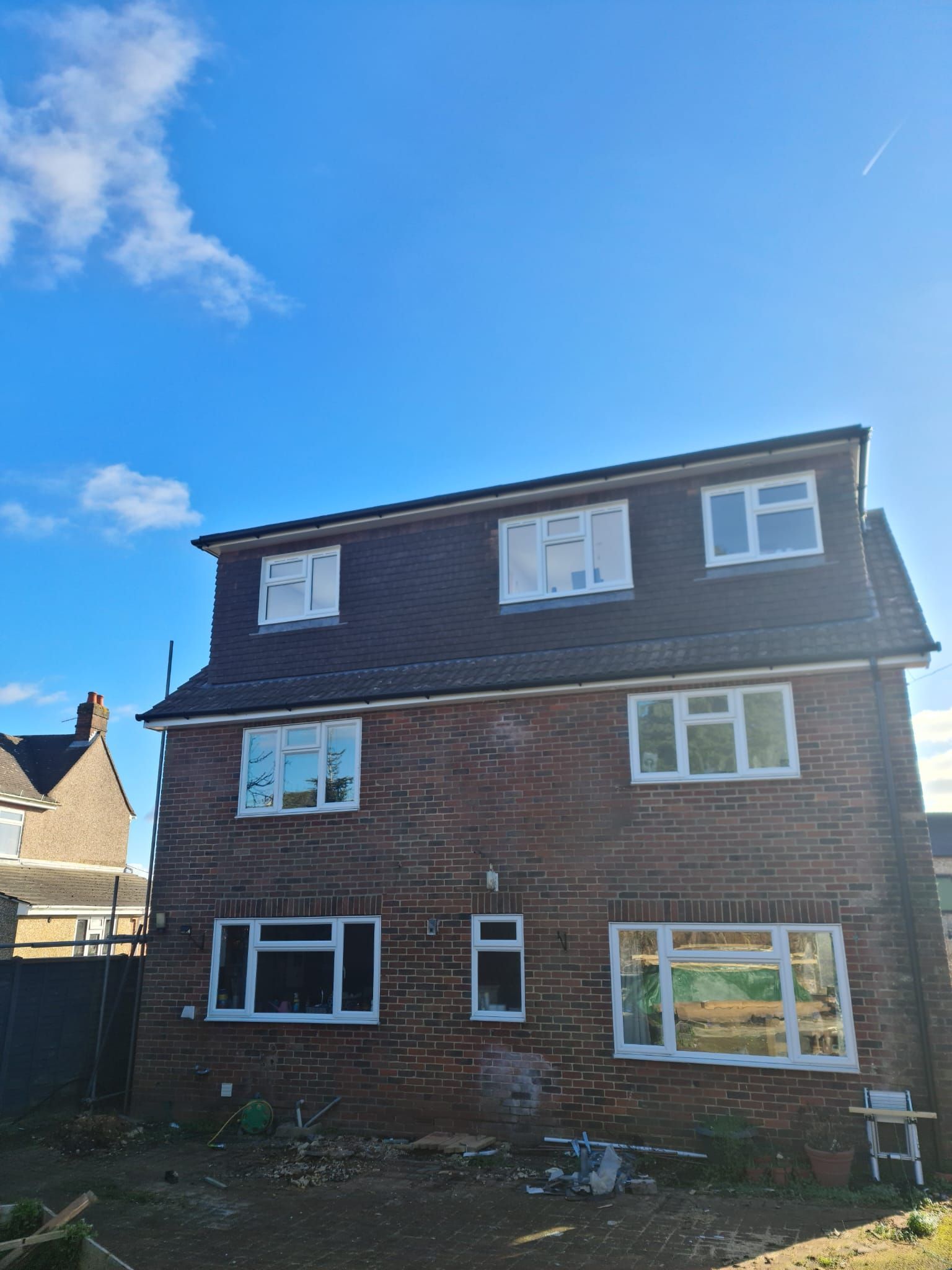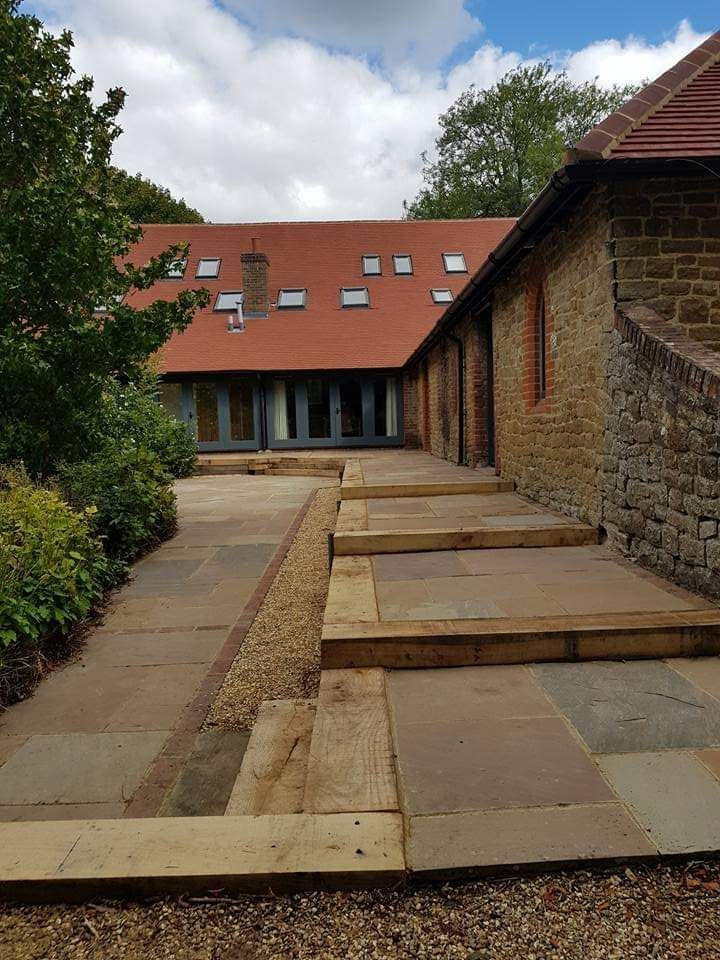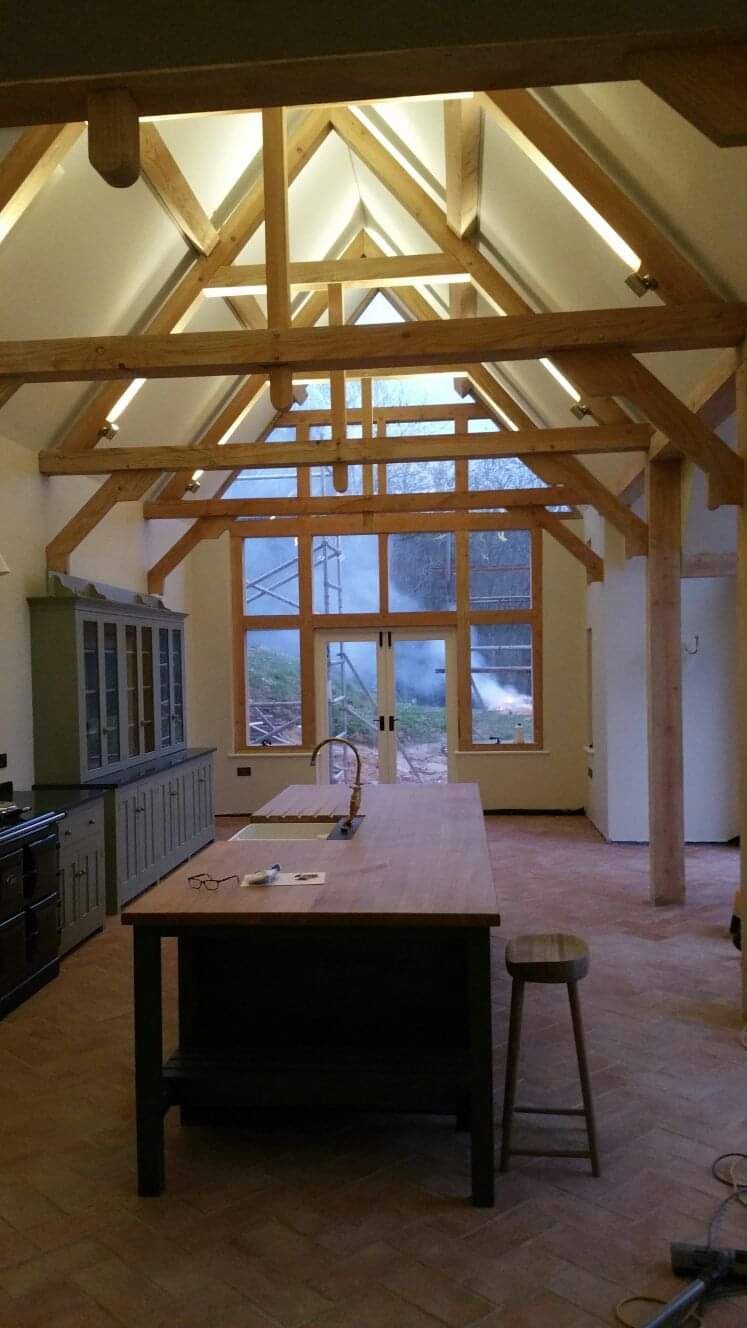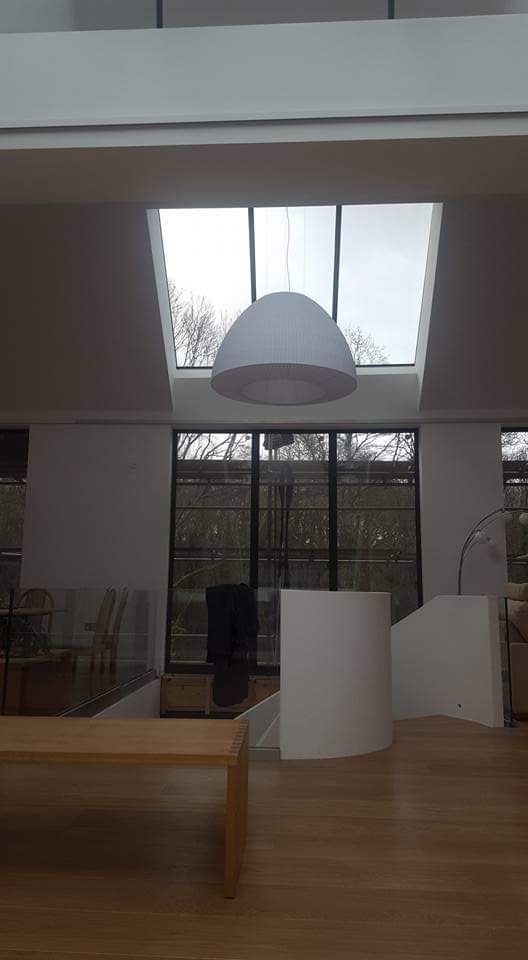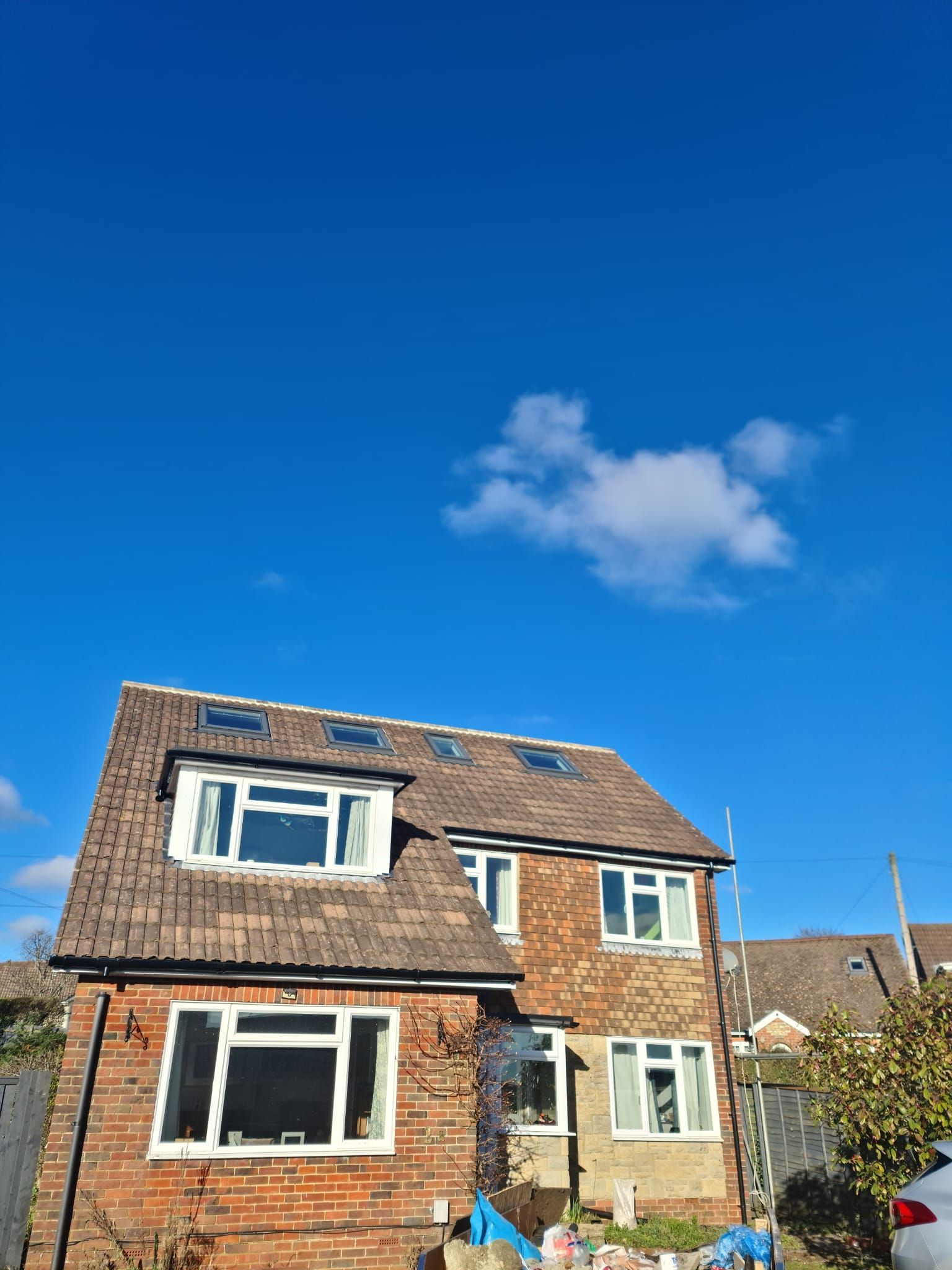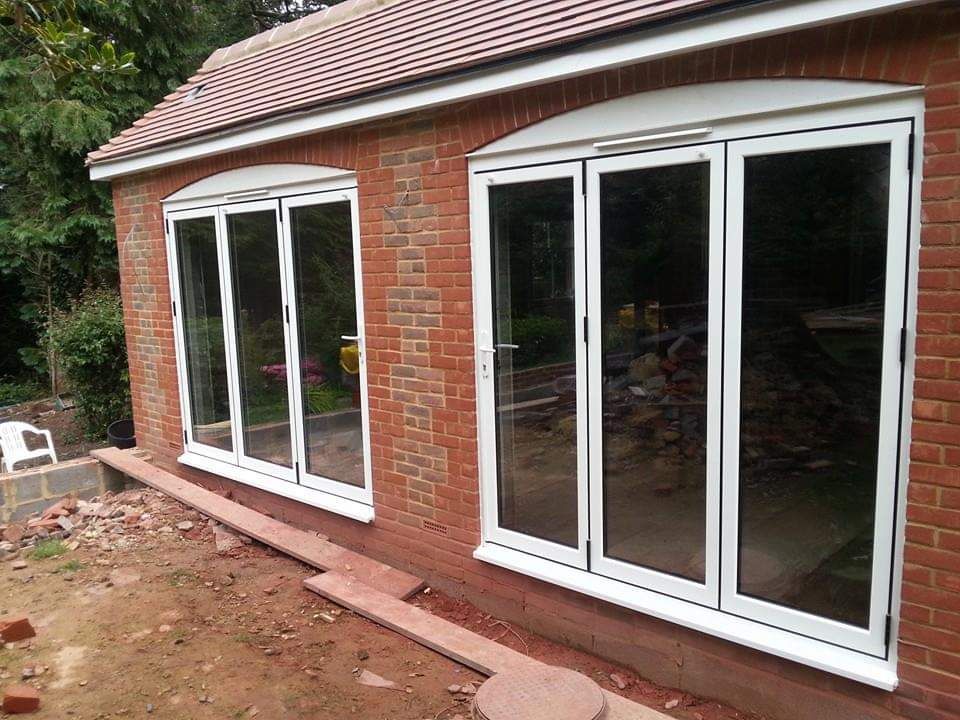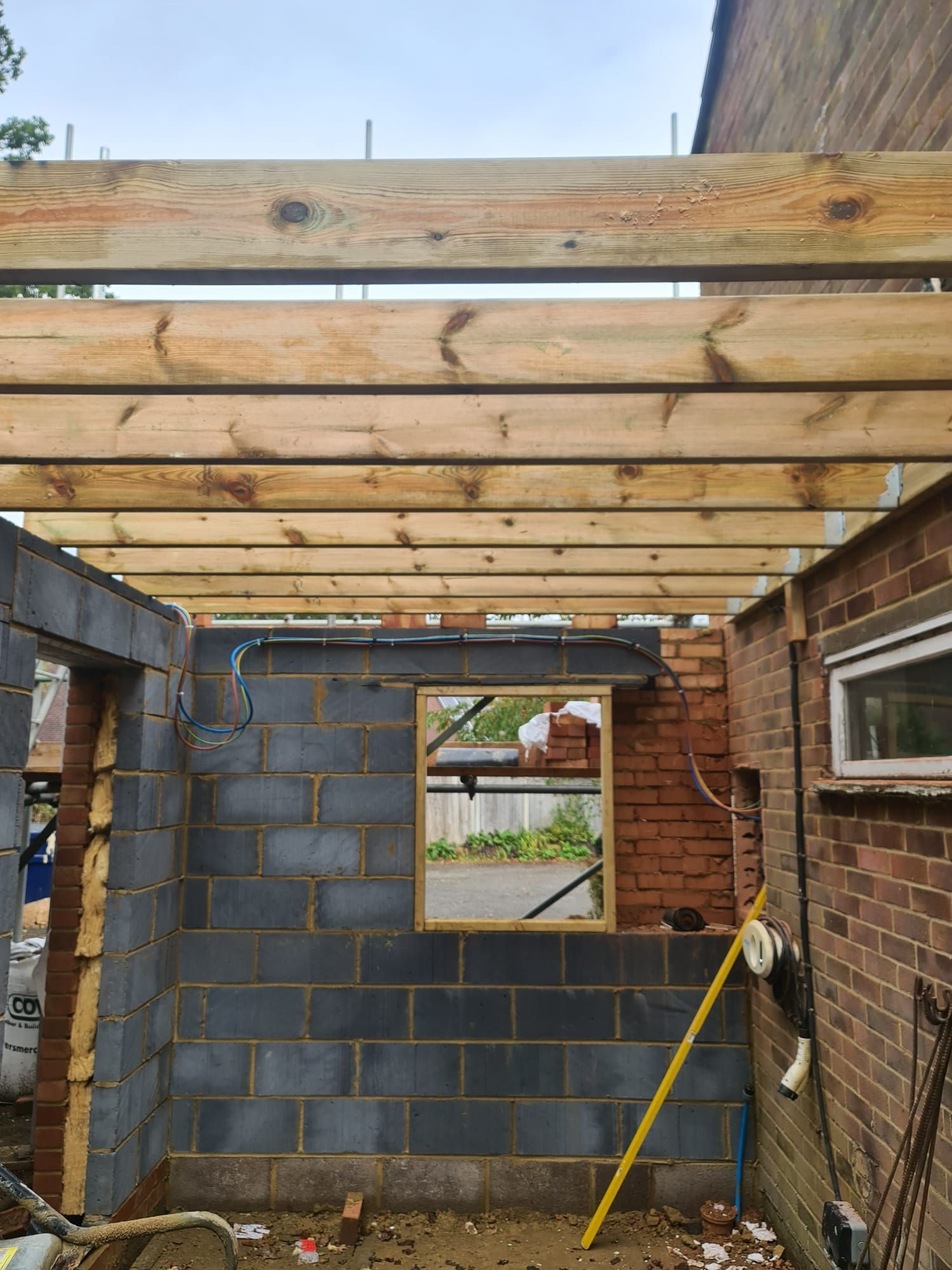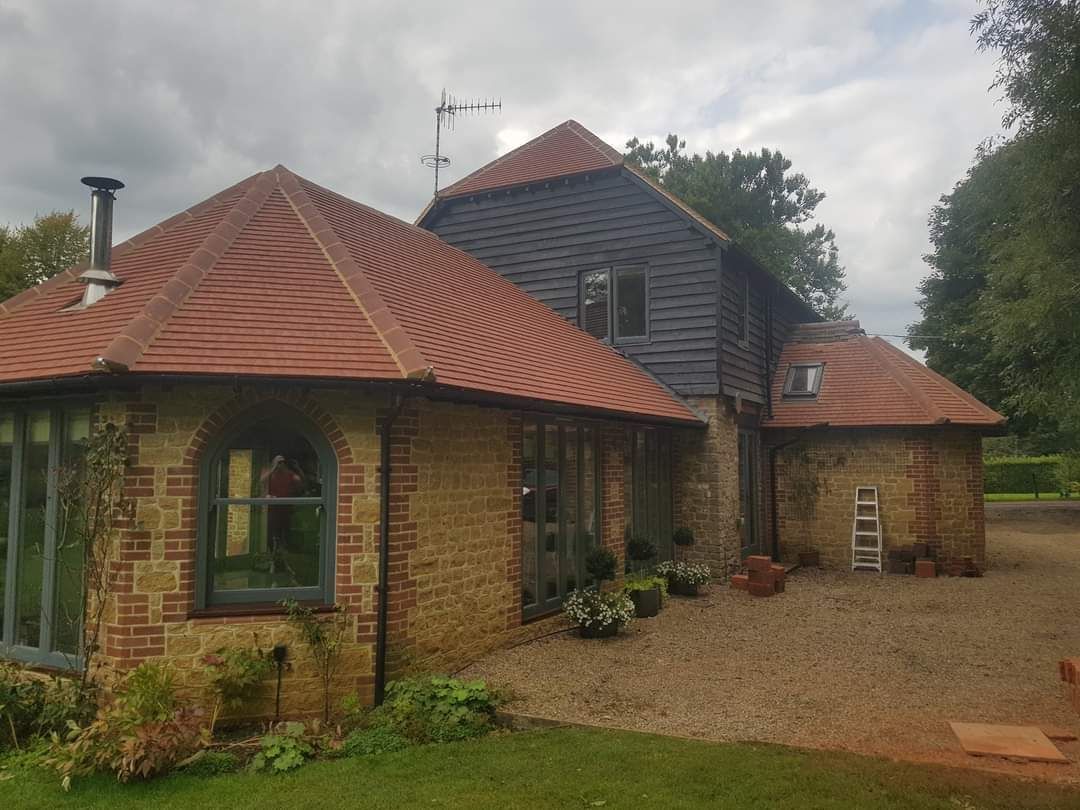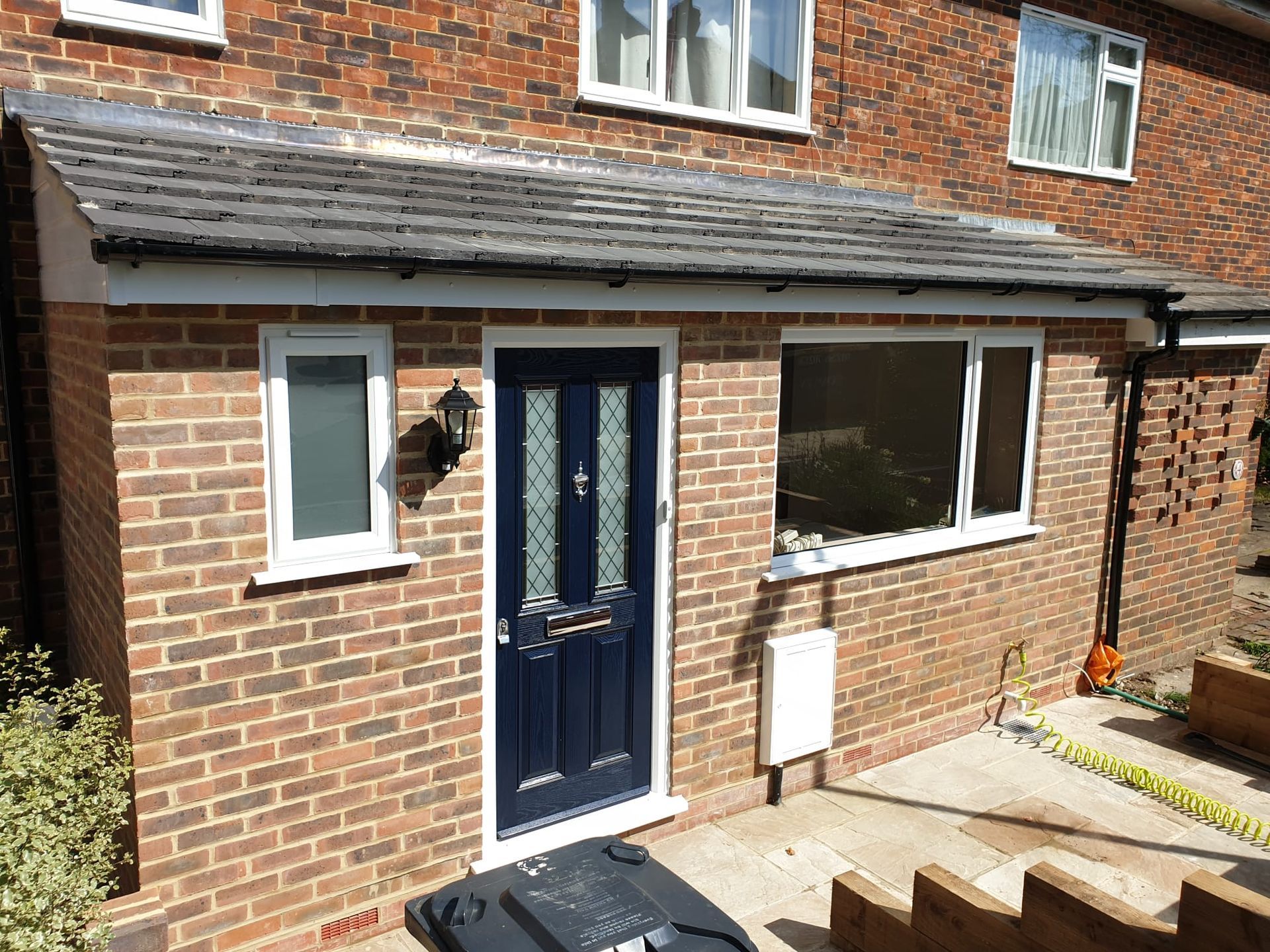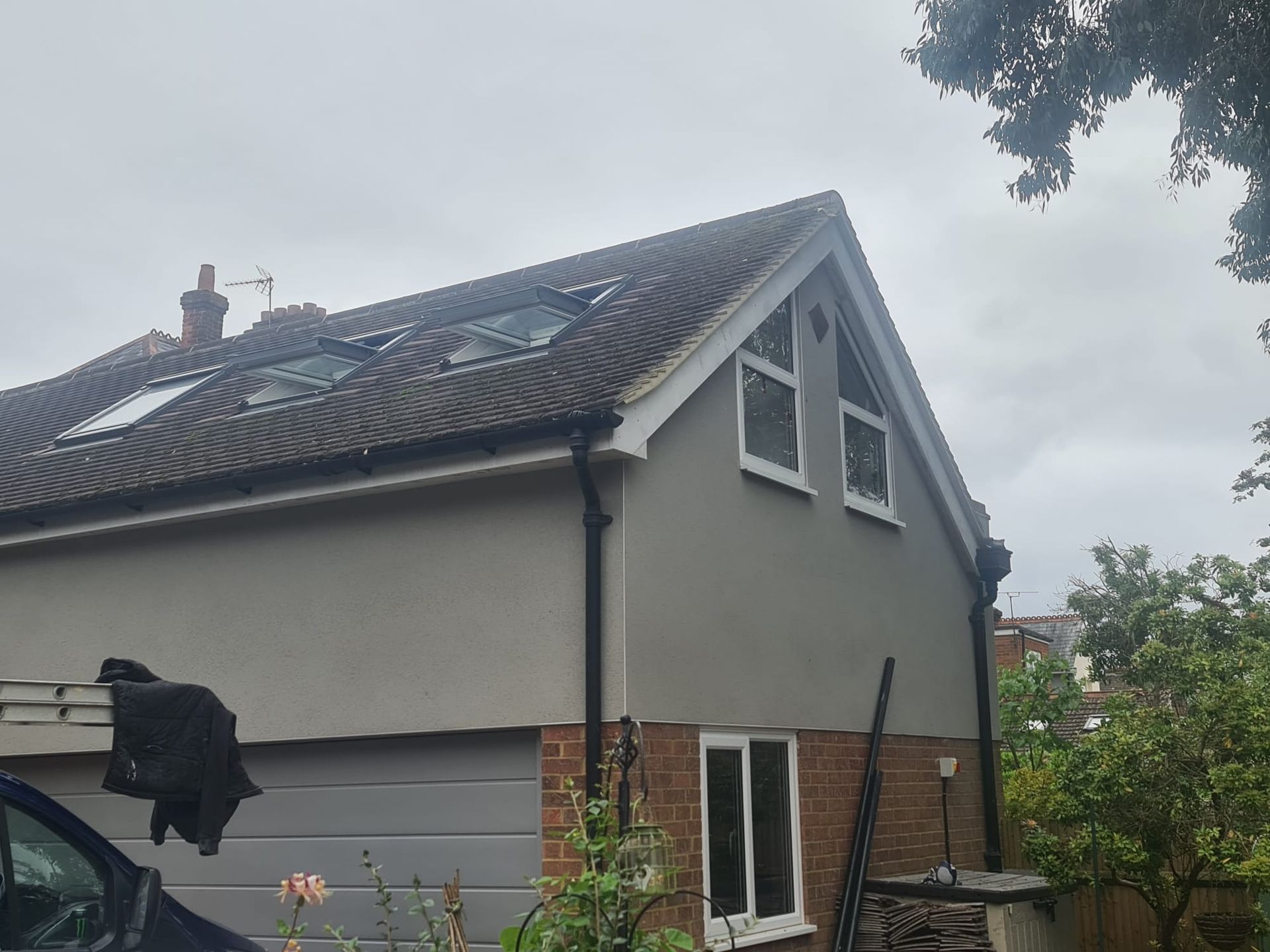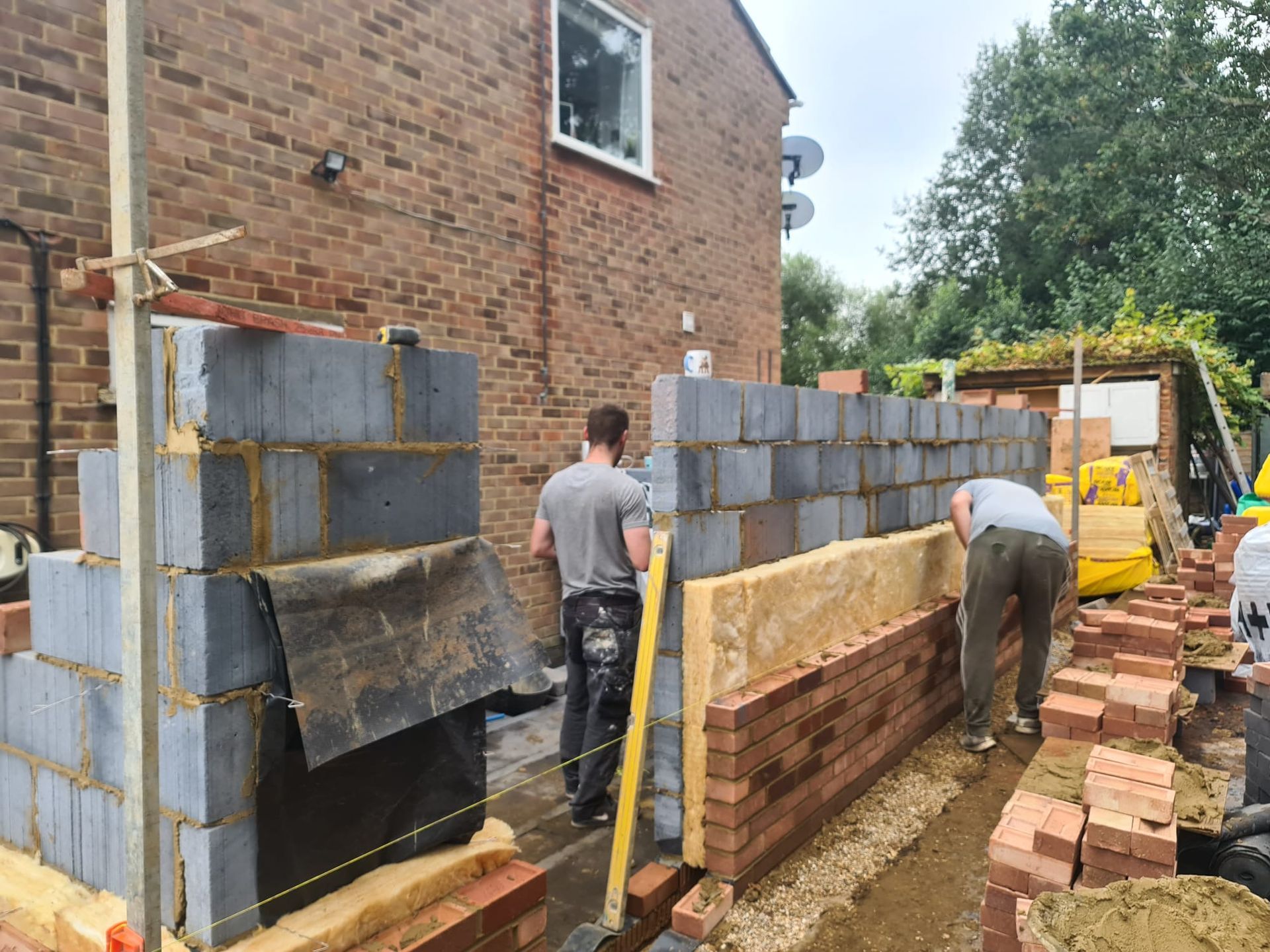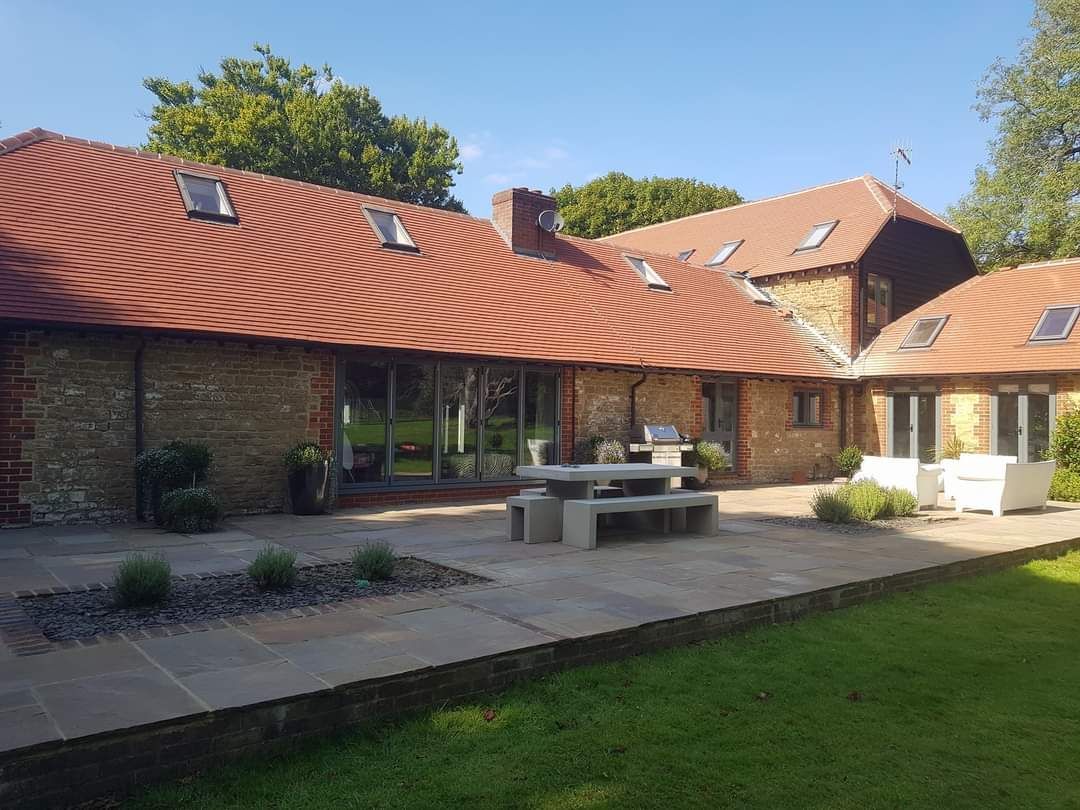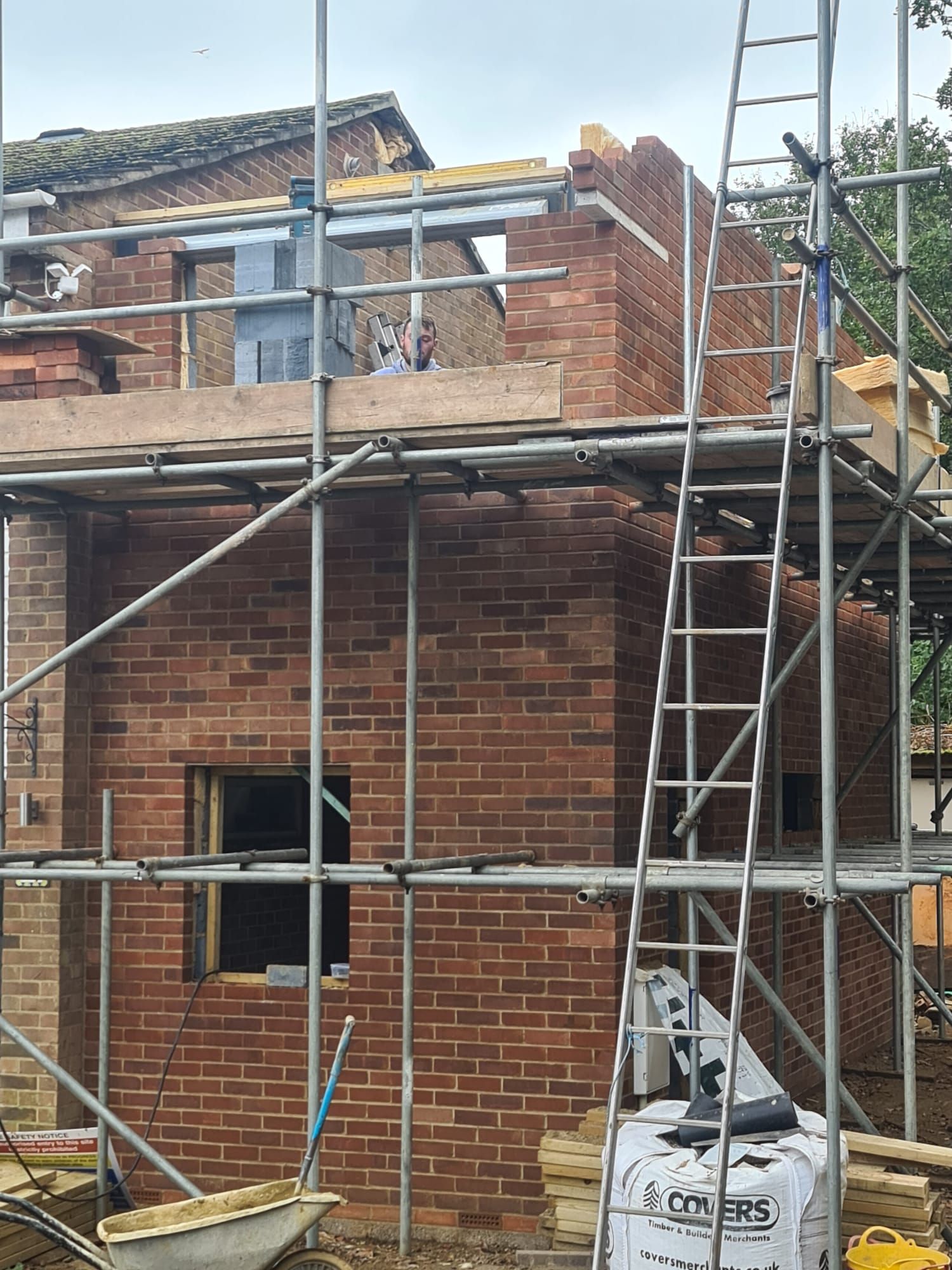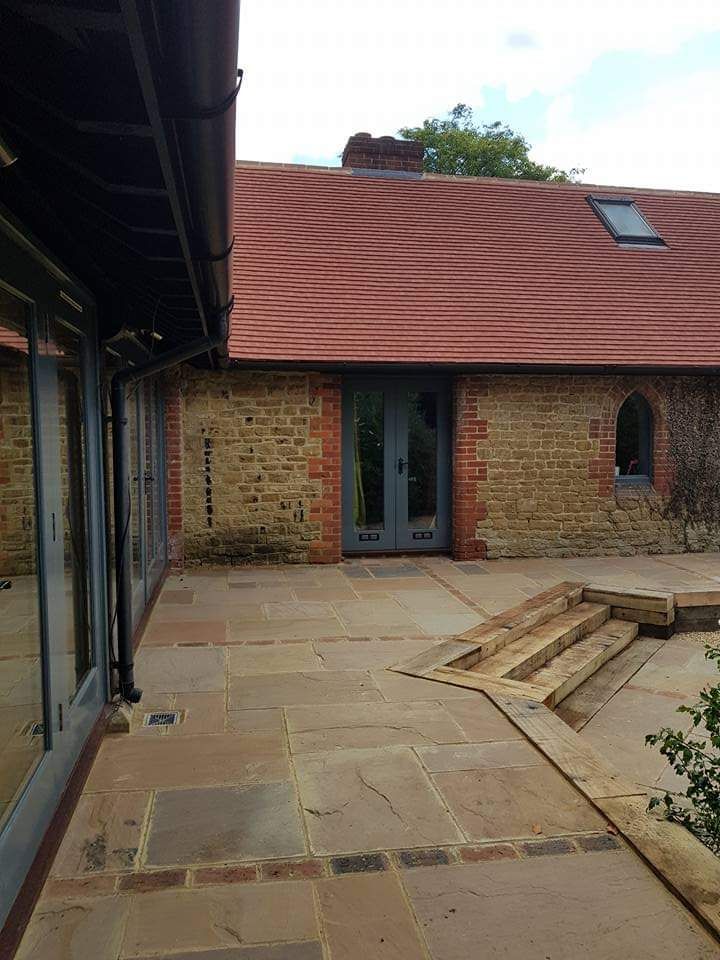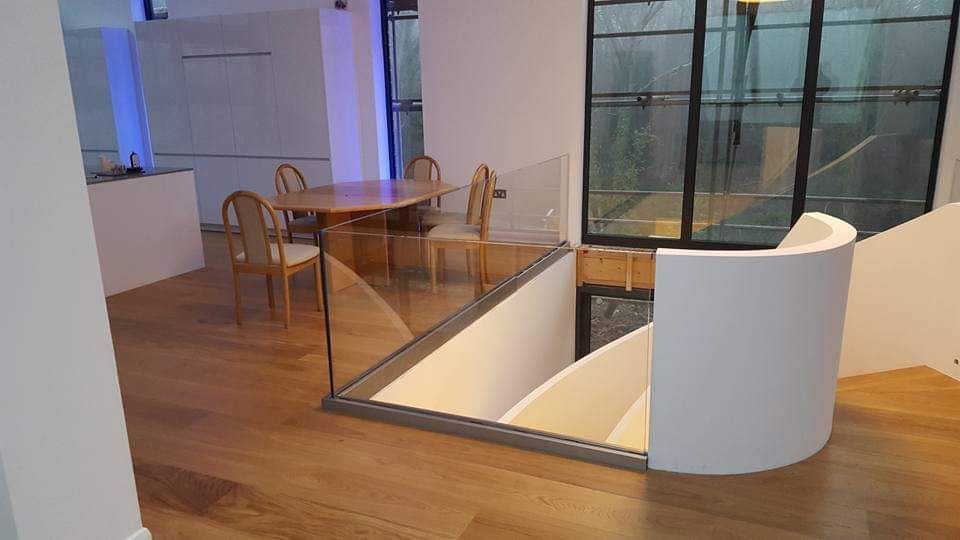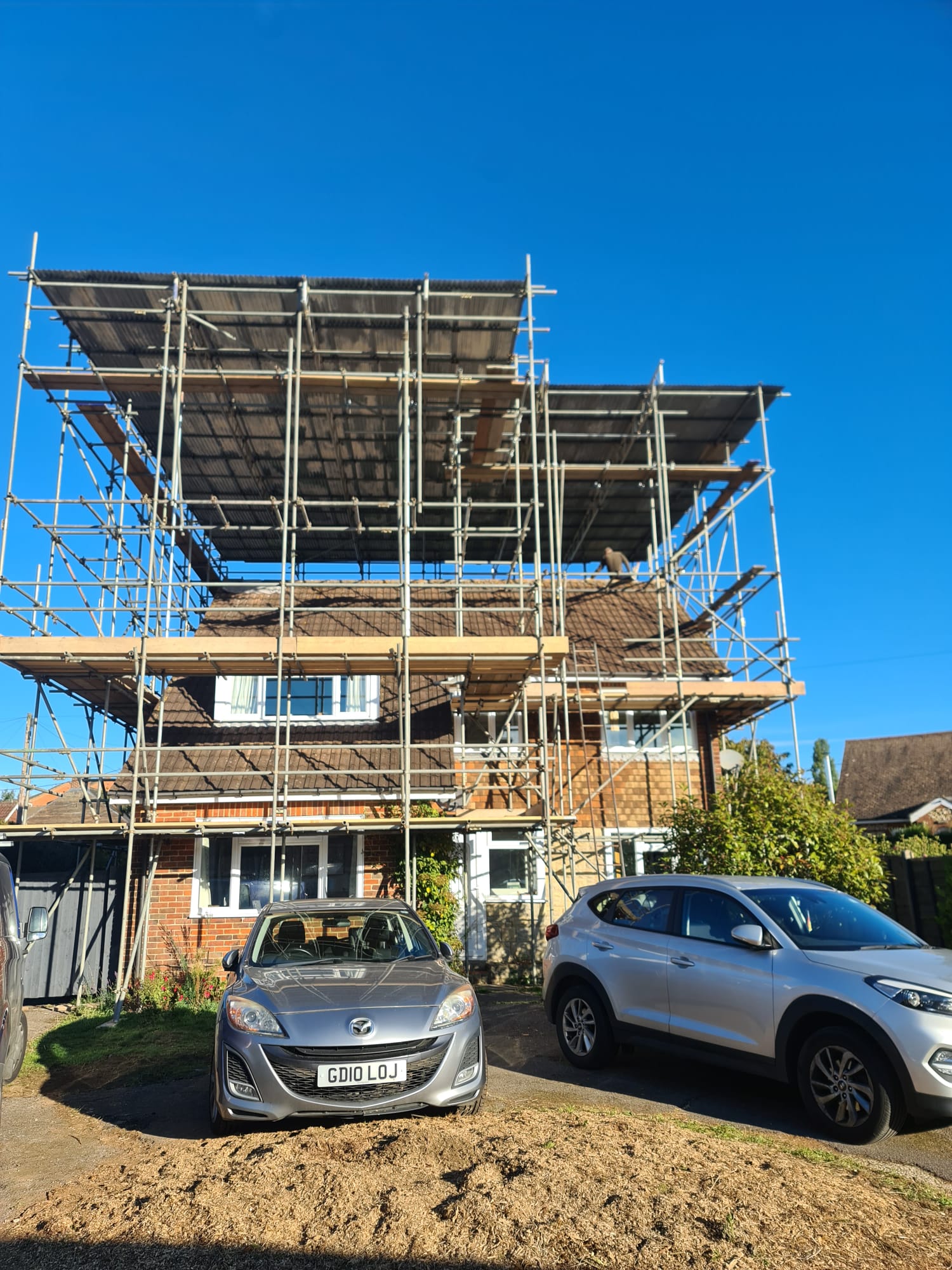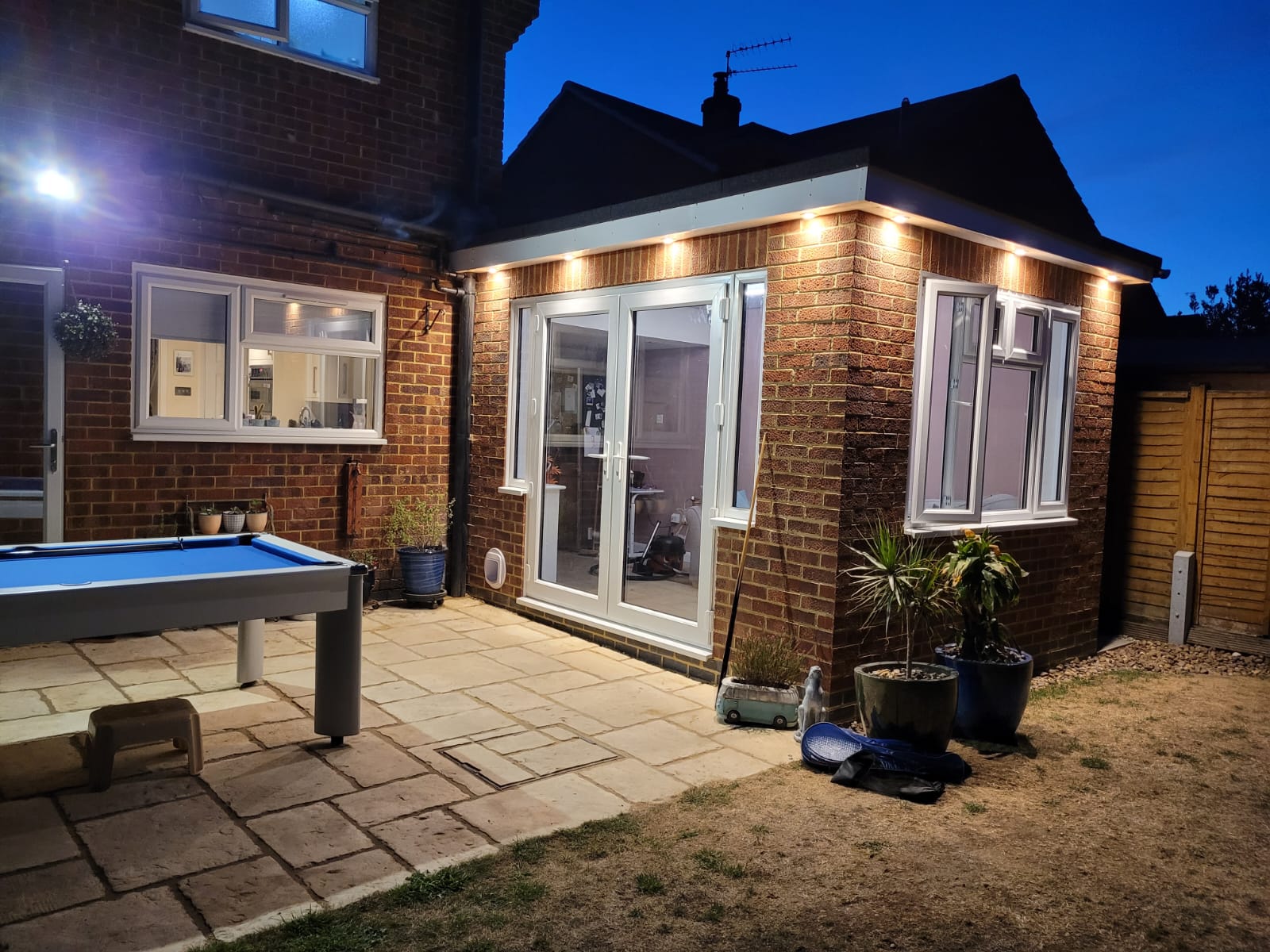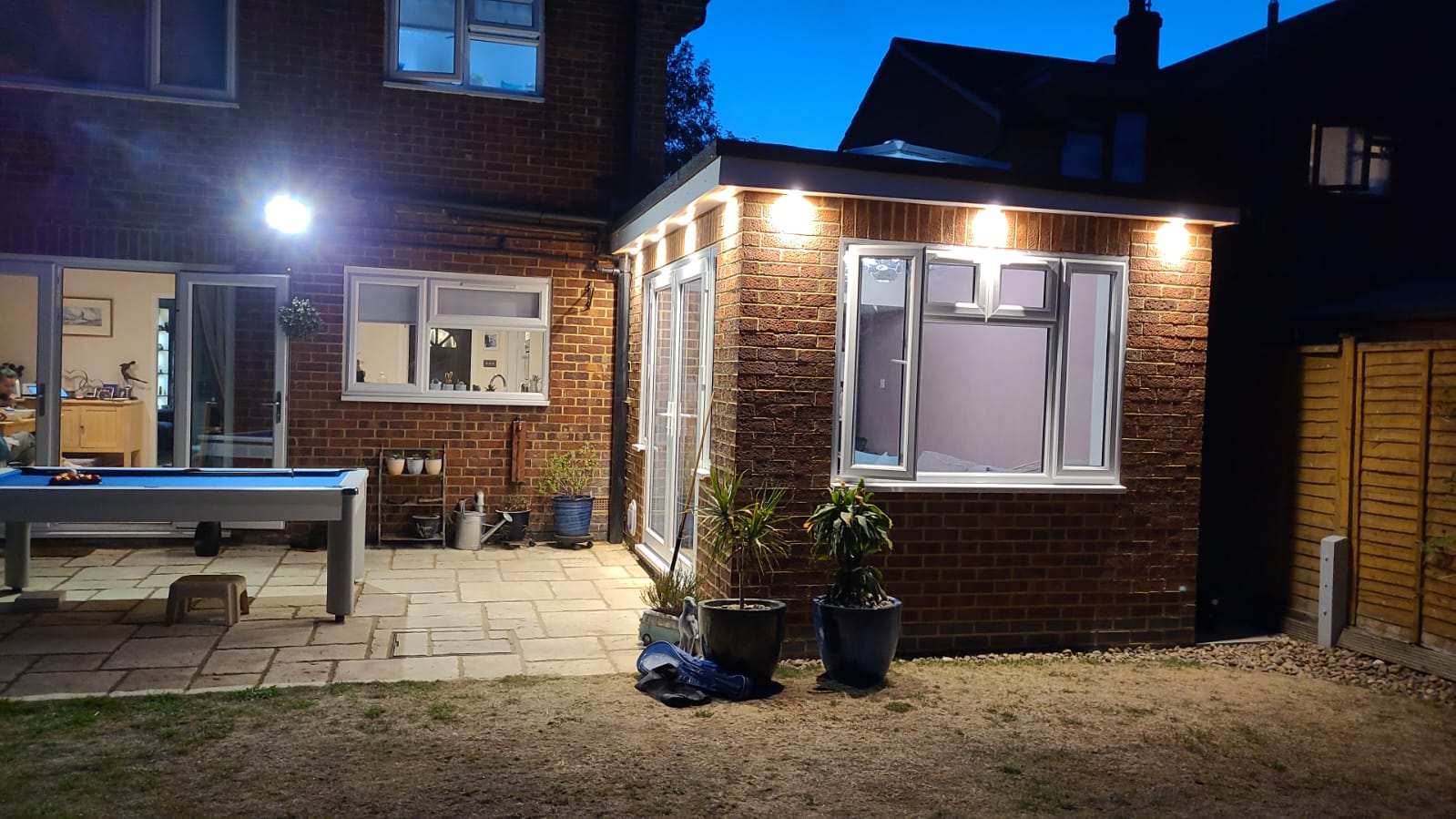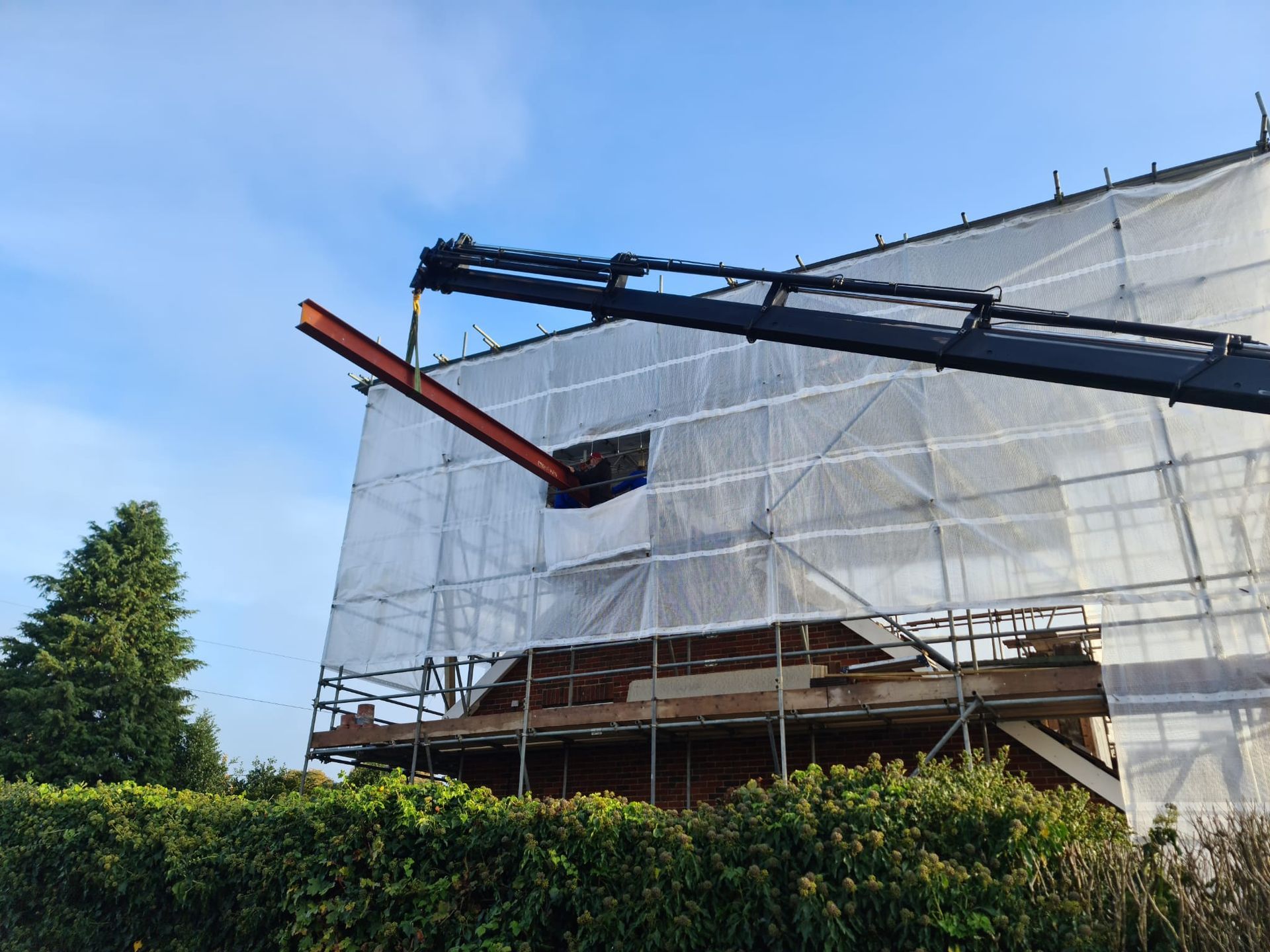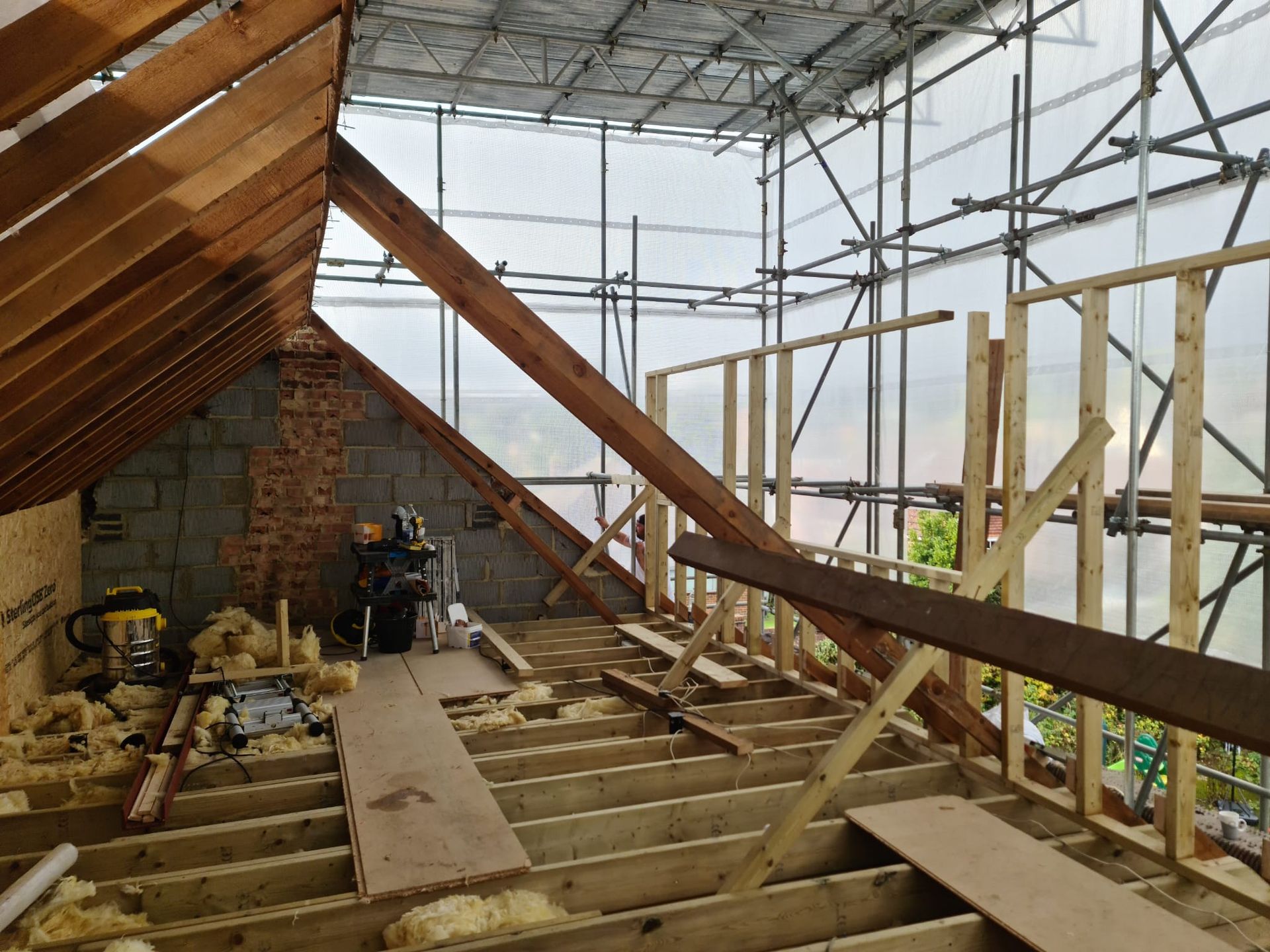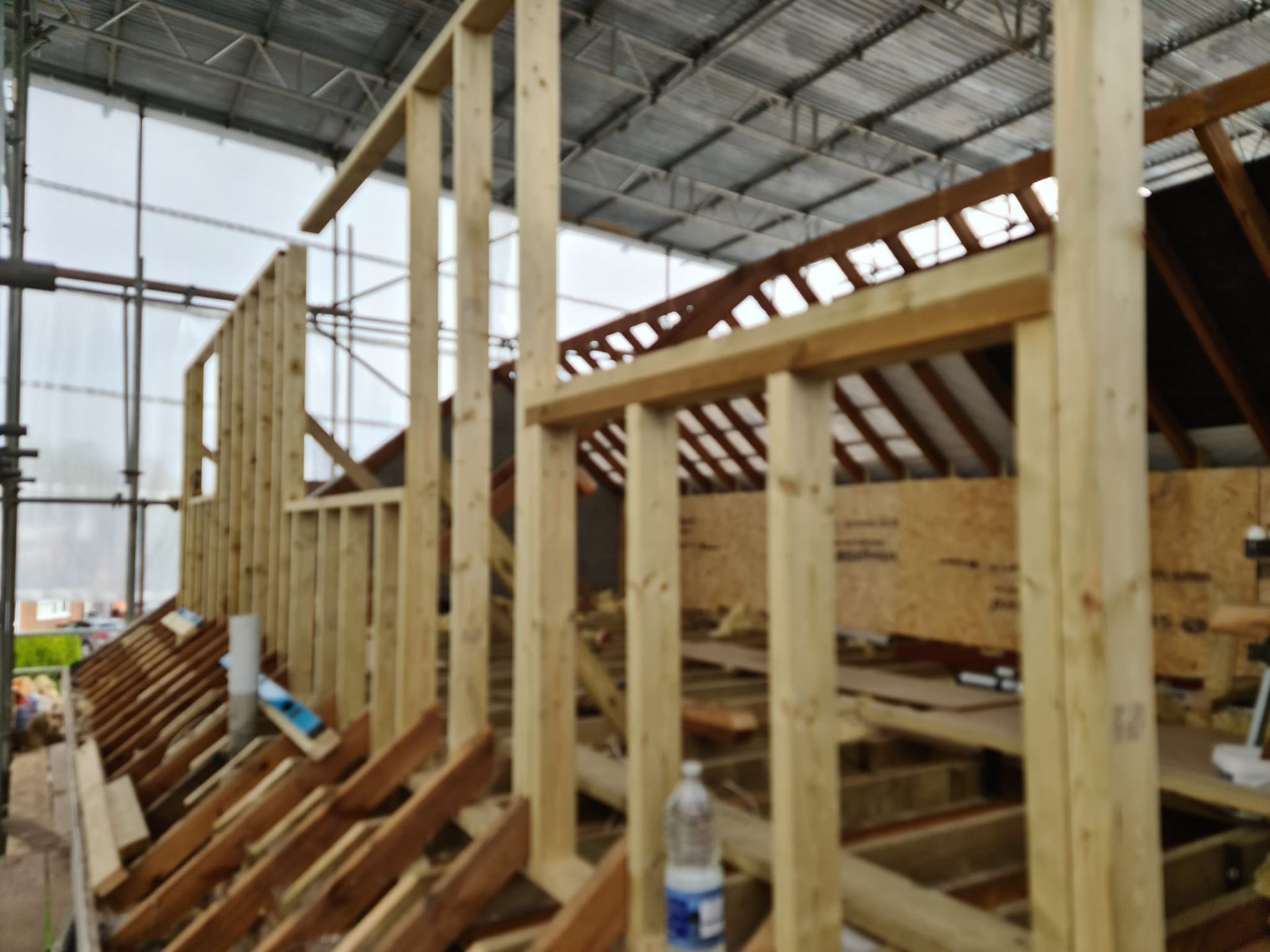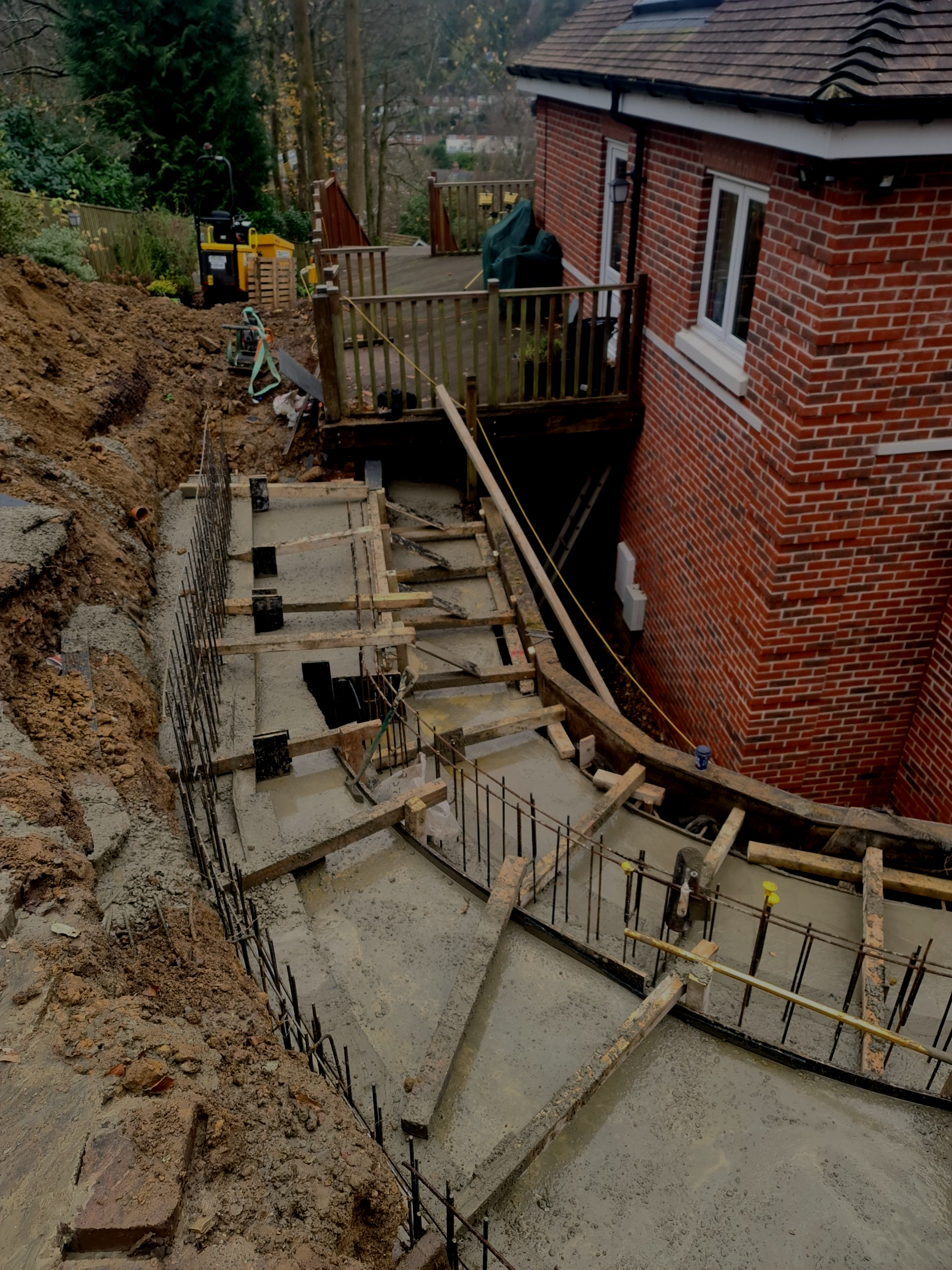
Phone
+44 7917 764549
Working with Full Transparency,
each project is Personal.
At Jigsaw, we prioritise quality workmanship, honesty, and delivering on our promises. This commitment to excellence has earned us glowing recommendations from many satisfied clients.
Undertaking projects in Surrey, Hampshire, and West Sussex encompassing extensions, conversions, timber frame, flat roofing (pitched trusses, and hand-cut), and renovations.
At the core of our operations lie our company values, our commitment to providing a diligent team to deliver a time-sensitive project within budget and scope was paramount to our client.
Our pragmatic and transparent approach involved offering detailed information and regular updates to prioritize effective time management.
Jigsaw diligently project managed by providing weekly updates and continuous budget reviews to guarantee fulfillment of our promises.
The INSPIRATION HUB

OUR SERVICES
Since 2017, Jigsaw Property Maintenance and Construction has stood out as the top choice building company for numerous local clients. Whether it's renovation, refurbishment, or construction services you seek, our exceptional reputation is built on unparalleled customer support, dependable results, and flawless finishes. Our dedicated team prioritizes health and safety, ensuring it remains at the forefront of every project we undertake.
Construction
New builds, Extensions, Timber Frame, Roofing and Renovations.
Outdoor Spaces
Garden Rooms, Garage Conversions, Car ports, Pergolas, Verandas, Lean to's. Specialist in polycarbonate roofing.
Carpentry
Stairs, Fascia & Soffits, Fencing, Decking. 1st fix, 2nd fix, Timber Frame, Roofing, flooring and Joist work
Residential
Extensions, Conversions, Timber Frame, Flat Roofing
(Pitched trusses and Hand Cut) and Renovations.
START YOUR PROJECT
Get in touch with our team via email to share your project requirements. The Jigsaw Team will carefully review, offer consultations, and schedule a site visit to delve deeper into the specifics.
In order to maintain high standards, Jigsaw will keep you informed with regular updates right from the start, ensuring you have accurate and transparent information as the project progresses.
This marks the climax of every project, the long-awaited day. Any unexpected delays will be properly explained, and necessary amendments will be made to keep you well-informed about the completion of the work.

our PROJECTs
We work across a wide range of skills including groundwork, brick and stone work, carpentry and utilities.
We have a team of skilled workers that cover a variety of carpentry and building skills working around Hampshire, Surrey and West Sussex. We are a hardworking company that take pride and passion in what we do. Our skilled team offer a wide range of services and solutions so that customers have places to work, live and have fun in.
Because the construction industry is so diverse, Jigsaw stand above the average and are a caring team of individuals who provide a personable expertise to each project and who work together to achieve our goals.
